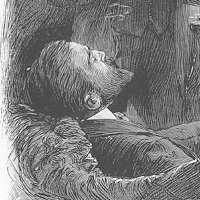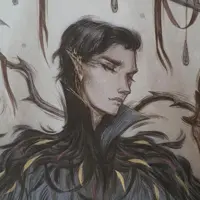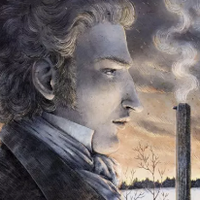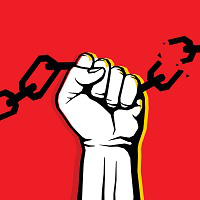Robin Hood MBTI性格类型
性格
"Robin Hood是什么人格? Robin Hood是MBTI中的ENTP人格类型,九型中的7w8 - so/sx - 728,五大类型中的SLUAI,Socionics中ILE类型。"
Good at Sacrifice 🦸♂️🦸♀️: A more exaggerated and dynamic type of Good. Who simply believes that he needs to do enormous and grandiose deeds to help others, such as risking his life, putting himself in a fire, or doing very difficult things to save someone. This is a Good type that is between Good and Average, as it is the only Good that believes in punishment and a validation of evil, compared to factors of not trusting everyone as well. Unlike most Goods, there is no factor of minimizing evil or avoiding it. On the contrary, the exposure and the relationship of punishment are highly related to the survival and Justice sectors. For a Good at Sacrifice 🦸♂️🦸♀️ it doesn't matter if you consider yourself fair and kind, you have to do something to demonstrate this with actions. Words alone do not embody a role. So this type of Good believes he is a "Savior" and as a Savior he unconsciously incorporates this factor, as a social appeal and even more so an appeal for comfort. He is afraid of the distortion of judgment, and of the parasympathetic discourse exercised. To do this, he catalyzes Good and Evil as a collective response. He is considered Good because he acquires altruistic forms and collective support, but he would be the most Neutral of all the Good Subtypes because he is the only one who believes in Punishment, and unlike most Good people who believe that Evil can learn from its mistakes, the Good of Sacrifice 🦸♂️🦸♀️ believes that there will only be humanity if there is separation, just like a Neutral. However, he helps everyone without distinction of collegiality or ties, as a Good does, and his collective and social concern in the long term seeks the system
背景
Robin Hood is a legendary heroic outlaw first alluded to in William Langland's fourteenth century poem Piers Plowman, though the reference indicates he existed much earlier in oral tradition. The oldest surviving ballads featuring him all date from a century or so later; the Child Ballads include an entire book solely of Robin Hood ballads.
相关人物

Maid Marian

Little John

Will Scarlet

Friar Tuck

Will Stutely

Much the Miller's Son

The Sheriff of Nottingham

Guy of Gisbourne
















